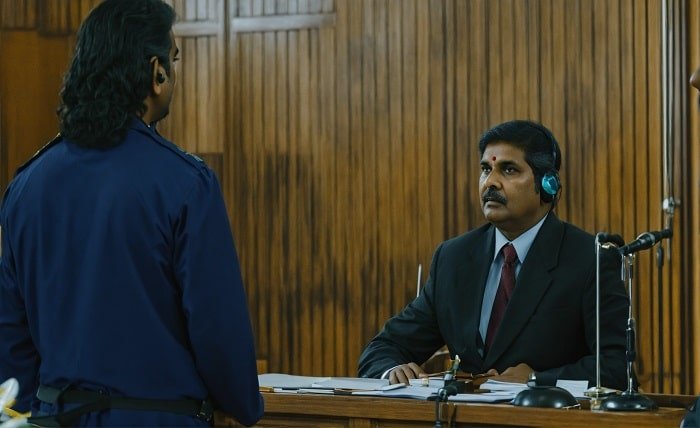A Comprehensive Overview of R. Kelly’s Sentencing

Introduction
R. Kelly, a name once synonymous with R&B greatness, now equally conjures images of legal disputes and controversy. The “R. Kelly sentencing” has been a focal point in media, encapsulating years of allegations and legal proceedings. This blog post delves into the intricate details of his legal journey, examining the pivotal moments that led to his sentencing and the aftermath.
Early Career and Rise to Fame
R. Kelly’s ascent in the music industry was meteoric. His hits like “I Believe I Can Fly” and “Ignition (Remix)” made him a household name. However, even at the height of his fame, rumors and allegations began to surface, which would later play a significant role in the “R. Kelly sentencing.”
Accusations and Legal Challenges
The first major legal challenge came in the early 2000s when R. Kelly faced allegations of sexual misconduct. These accusations set the stage for numerous legal battles that would tarnish his reputation and career.
The Trial Begins
Years of accusations culminated in a high-profile trial that captured global attention. The “R. Kelly sentencing” was not just a legal proceeding but a public spectacle, drawing commentary on celebrity culture’s intersection with the law.
Evidence and Testimonies
The trial was marked by overwhelming evidence and harrowing testimonies from several victims. This evidence played a crucial role in shaping the public’s perception and the eventual “R. Kelly sentencing.”
Public and Media Reaction
The media coverage of the “R. Kelly sentencing” was extensive. It not only reported the facts but also influenced public opinion, creating a widespread discourse on justice and celebrity wrongdoing.
Verdict and Sentencing
After a lengthy trial, R. Kelly was found guilty on multiple charges. The “R. Kelly sentencing” reflected the severity of his crimes, with the court handing down a sentence that would likely see him spend most of his remaining life behind bars.
Impact on the Music Industry
The “R. Kelly sentencing” had profound implications for the music industry, prompting discussions about moral accountability and the responsibilities of music labels in managing their artists.
Legal Precedents Set
The sentencing set significant legal precedents concerning how celebrities are treated in the legal system. It highlighted a shift towards greater accountability, irrespective of one’s public stature.
Reflections on Justice and Accountability
The “R. Kelly sentencing” raises questions about justice, rehabilitation, and the potential for redemption. It serves as a critical reflection point on societal values and the pursuit of justice in high-profile cases.
Conclusion
The “R. Kelly sentencing” is more than just a legal ruling; it is a landmark moment in the intersection of celebrity culture, justice, and public morality. It underscores the legal system’s role in upholding justice, even against powerful public figures, and highlights the ongoing need for vigilance and accountability in the entertainment industry.
FAQs
- What were the charges against R. Kelly? R. Kelly faced charges including sexual exploitation of a minor, racketeering, and obstruction of justice, which significantly influenced the “R. Kelly sentencing.”
- How long is R. Kelly’s sentence? The “R. Kelly sentencing” concluded with him receiving a substantial prison term, reflecting the severity of his offenses.
- What was the evidence that led to his sentencing? Evidence in the “R. Kelly sentencing” included video materials, victim testimonies, and documented communications which painted a comprehensive picture of his misconduct.
- How has the music industry reacted to his sentencing? The “R. Kelly sentencing” has prompted the music industry to reevaluate its relationships with artists and enforce stricter ethical standards.
- What does R. Kelly’s sentencing mean for future legal cases against celebrities? The “R. Kelly sentencing” sets a precedent that could influence how future legal cases against celebrities are handled, emphasizing that no individual is above the law.





